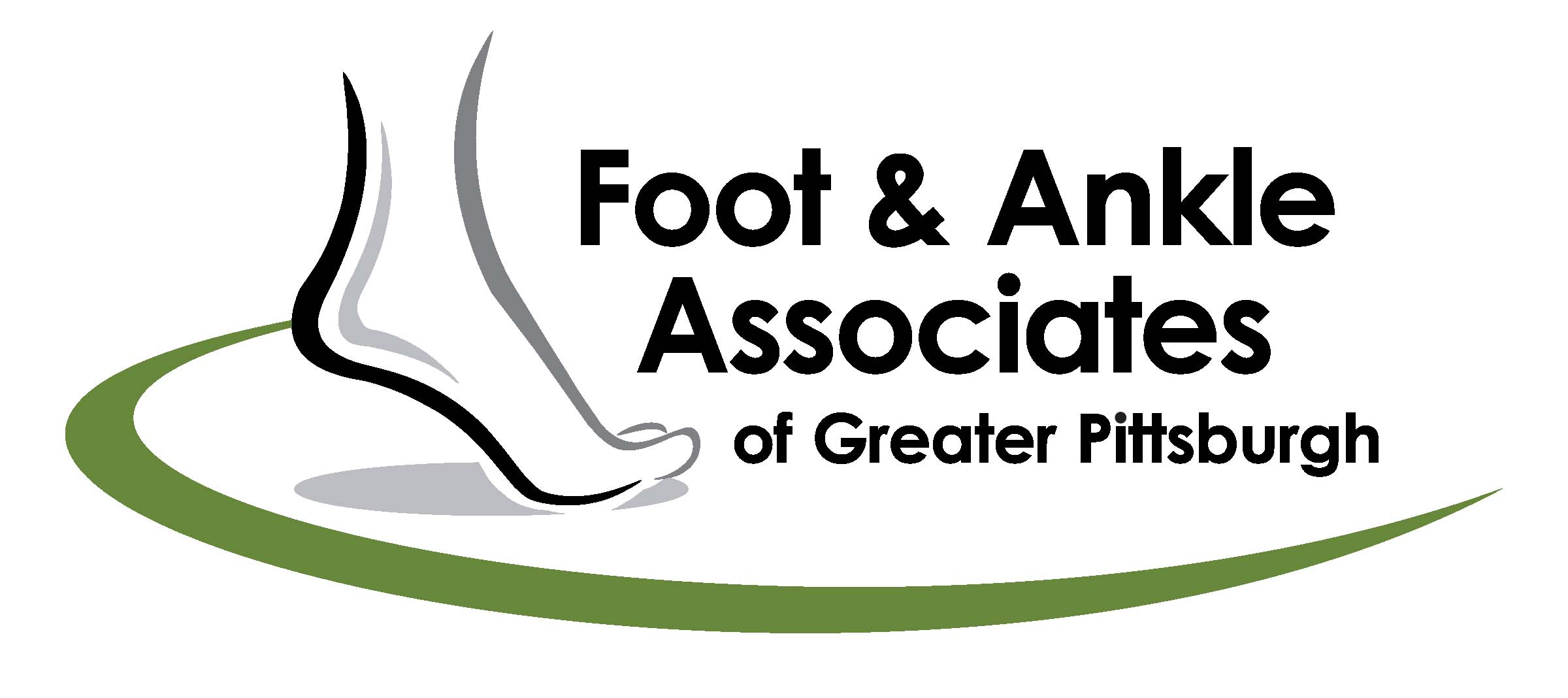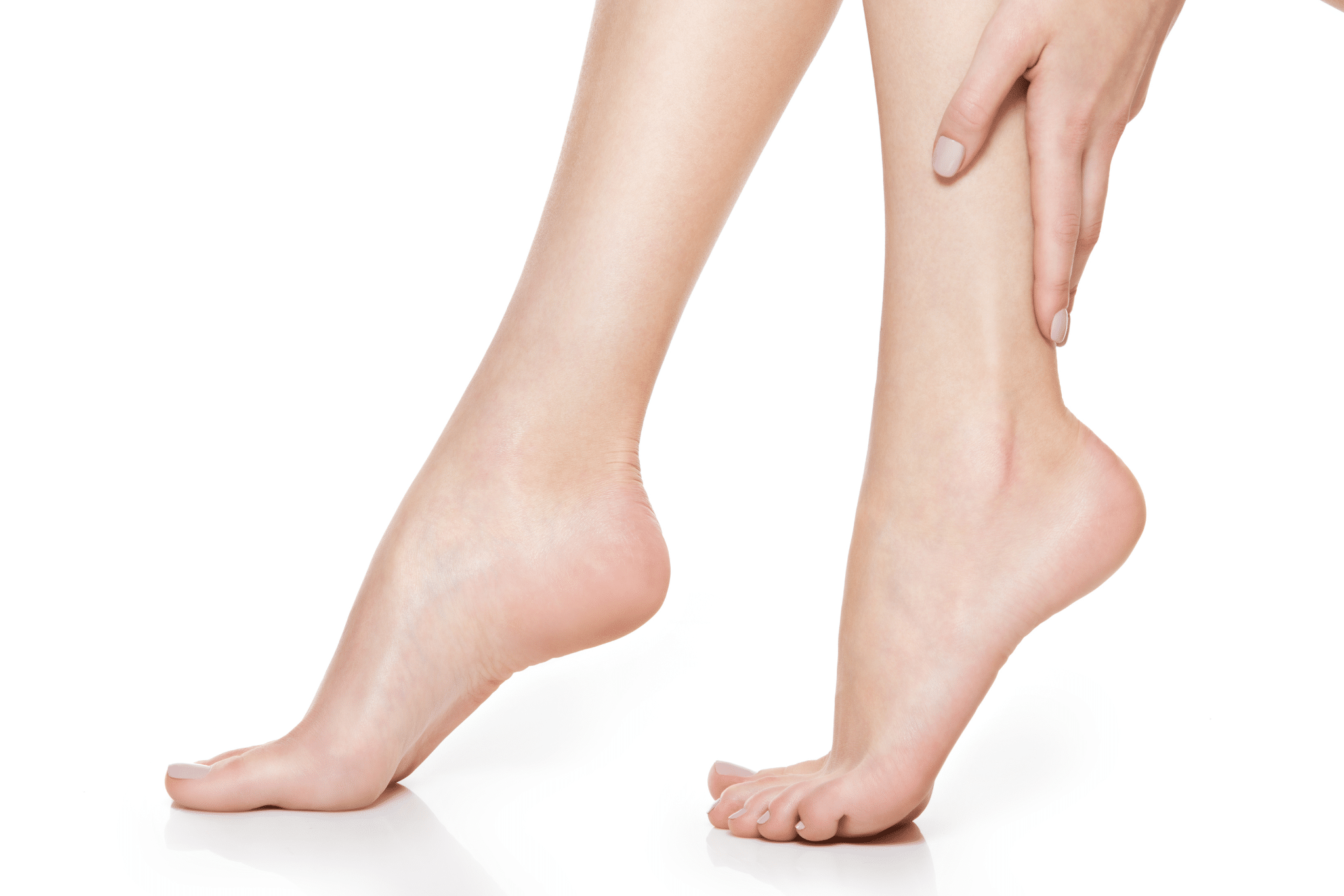Conditions
Welcome to our Conditions Page, where we outline the foot and ankle conditions we treat at our practice. Our dedicated team of specialists is committed to providing expert diagnosis, treatment, and ongoing care for a wide range of conditions.
Whether you’re dealing with heel pain, big toe pain, sports injuries, or foot deformities, we’re here to help you get back on your feet. Explore the sections below to learn more about the conditions we treat and the services we offer.
Conditions We Treat
Foot Deformities
Bunions
A bunion is a bony bump that forms on the joint at the base of your big toe. It often develops due to misalignment caused by pressure from tight shoes, hereditary factors, or foot structure issues.
As the bump grows, it can cause pain, redness, and swelling. Bunions can lead to difficulty wearing shoes and walking comfortably. Our treatment options for bunions range from non-surgical approaches like orthotics and foot exercises to surgical correction in severe cases.
Hammertoes
Hammertoe refers to a deformity where one or more toes bend abnormally at the middle joint, resembling a hammer. This condition can occur due to muscle imbalances, tight footwear, or genetic factors.
Hammertoes often cause discomfort, corns, calluses, and difficulty finding appropriate footwear. Conservative treatments include custom orthotics, toe splints, and physical therapy. Surgery is an option when conservative treatments fail to provide relief.
Flat Feet
Flat feet, also known as fallen arches, occur when the arches of the feet collapse, resulting in the entire sole touching the ground. This condition can lead to foot pain, fatigue, and issues with posture and gait. Flat feet can be congenital, but they can also develop over time due to weight gain, aging, or injury.
Treatment involves supportive footwear, orthotics, and strengthening exercises. In rare cases, surgery may be required to correct severe flat feet.
Big Toe Pain
Big Toe Joint Pain
Big toe joint pain, commonly called hallux limitus or hallux rigidus, occurs when the joint at the base of the big toe becomes stiff and painful. This can be caused by arthritis, repetitive stress, or injury. As the condition progresses, it can restrict movement and affect walking.
Treatments for big toe joint pain include anti-inflammatory medications, orthotics, joint mobilization exercises, and, in severe cases, surgery to remove bone spurs or fuse the joint.
Ingrown Toenails
Ingrown toenails occur when the edges of a toenail grow into the surrounding skin, causing pain, redness, and swelling. This condition can result from improper toenail trimming, tight shoes, or trauma to the toe. Ingrown toenails can become infected if not treated properly.
Our treatment approach includes careful toenail trimming, warm soaks, antibiotics (if infected), and minor surgical procedures to remove the ingrown portion of the nail. Proper foot hygiene and wearing appropriately fitting shoes are key to preventing ingrown toenails.
Toenail Fungus
Nail fungus, starting as a discolored spot under the toenail, can also lead to big toe pain. As the infection progresses, the nail may thicken and crumble, affecting adjacent nails as well. Symptoms may include thickened nails, odor, nail separation, and roughness.
Trauma to the Big Toe
Traumatic incidents, such as stubbing the toe forcefully or sustaining an impact, can cause immediate pain, swelling, and bruising. Severe trauma may even result in fractures or dislocations, significantly impacting mobility and comfort.
Black Toenail
A blackened appearance in the toenail, often termed a subungual hematoma, indicates an underlying issue, possibly due to trauma or fungal infections. It starts with discoloration and progresses to blood pooling under the nail.
Heel Pain
Plantar Fasciitis
Plantar fasciitis is a leading cause of heel pain, characterized by inflammation of the plantar fascia, a thick band of tissue that connects the heel bone to the toes. It typically presents as sharp heel pain, especially upon waking or after periods of rest. Causes can include overuse, high-impact activities, obesity, or wearing unsupportive footwear.
Treatments for plantar fasciitis include rest, stretching exercises, supportive footwear, and, in some cases, corticosteroid injections. If the condition persists, more advanced therapies like extracorporeal shockwave therapy (ESWT) or surgery may be recommended.
Sports Injuries
Ankle Sprains
Ankle sprains are among the most common sports injuries, often occurring when the ligaments supporting the ankle are stretched or torn due to a sudden twist or fall. Symptoms include swelling, bruising, pain, and difficulty bearing weight.
Treatment involves the RICE protocol (Rest, Ice, Compression, Elevation), along with physical therapy to restore strength and flexibility. Severe ankle sprains may require surgical repair if the ligaments are significantly damaged.
Wound Care
Wound care is critical for foot and ankle health, especially for patients with diabetes or poor circulation. Foot wounds, including ulcers, cuts, or blisters, require careful management to prevent infection and promote healing. Our wound care approach involves thorough cleaning, specialized dressings, and regular monitoring to ensure proper healing. For those with chronic wounds, we offer advanced wound care techniques to encourage tissue regeneration and prevent complications.
Contact Our Office
If you’re experiencing any of the conditions described above or have other foot and ankle concerns, our team of specialists is here to help. We offer comprehensive diagnostic services, personalized treatment plans, and ongoing care to ensure you receive the best possible treatment.
To schedule an appointment or learn more about our services, contact our office today. You can reach us by phone at (724) 774-1525.
Don’t let foot and ankle issues hold you back. Contact us today to start your journey toward better foot health and a pain-free lifestyle. We look forward to assisting you and helping you achieve your mobility goals.
Contact Us
Office
336 College Avenue, Suite 106, Beaver,
PA , 15009
Monday: 8am – 12pm
Tuesday: 8am – 4:30pm
Wednesday: 8am – 4:30pm
Thursday: 8am – 4:30pm
Friday: 8am – 12pm
Saturday: Closed
Sunday: Closed

